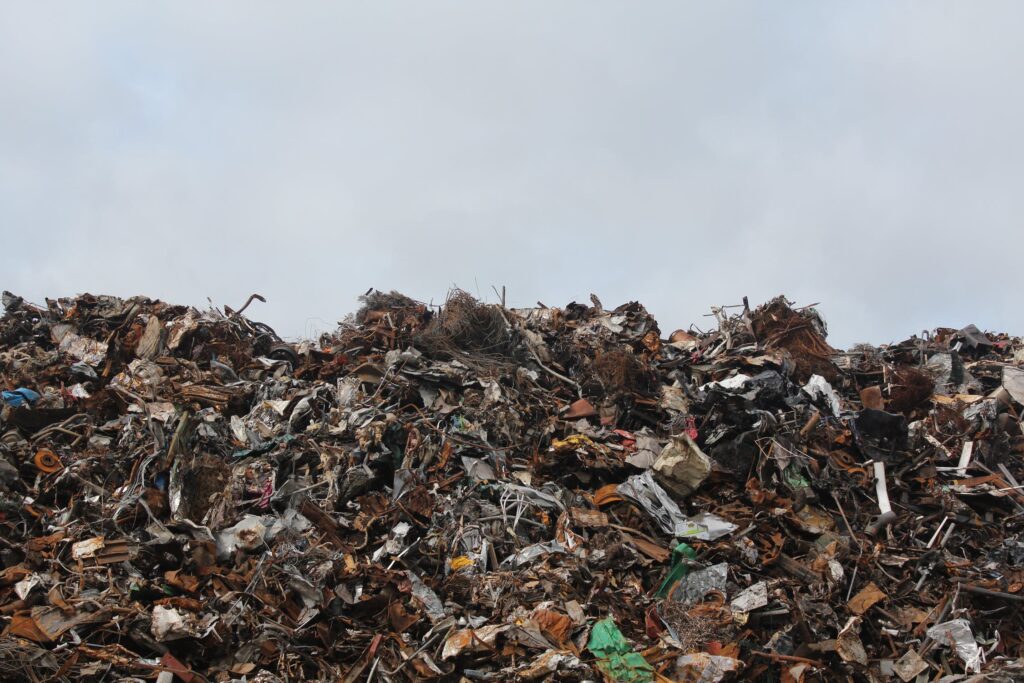The EPA have published their report on the environmental enforcement performance of local authorities in 2022.
Over 520 local authority staff handled almost 70,000 complaints and carried out over 197,000 environmental inspections.
The EPA assessed the performance of each local authority against each of the 20 national enforcement priorities (NEPs). These fall into four main themes:
- Waste
- Water Quality
- Air and Noise
- Governance Processes
Ten local authorities achieved the required standard in 70 per cent or more of the assessments. These were Kildare, Meath, Fingal, Monaghan, Leitrim, Donegal, Cavan, Dublin City, Carlow and Cork County. This is up from five local authorities the previous year.
Four local authorities achieved the required standard in only 30 per cent or less of their assessments. These were Waterford, Offaly, Kilkenny and Wexford.
Waste:
Poor waste segregation remains an ongoing problem with households and businesses still putting most of their waste in the wrong bin. Local authorities need to enforce the roll-out and use of 3-bin systems, to improve segregation and increase recycling of both household and commercial waste.
David Pollard, Programme Manager of the EPA’s Office of Environmental Enforcement said:
“The EPA’s recent waste characterisation study shows that many households and businesses are still failing to properly segregate their waste. Improving recycling rates through better segregation of wastes into the general, recycling and organics bins is essential if, as a nation, we are to turn waste into a valuable resource and reduce the amount of wastes we are sending to incineration and landfills. Local authorities have a vital role to play here by targeting their enforcement at the roll out and proper use of the 3-bin system.”
Water Quality:
Overall water quality is not good enough, with just over half of rivers, lakes, estuaries and coastal waters in satisfactory condition. Agriculture continues to have a significant impact on water quality, causing excess levels of nutrients (nitrogen and phosphorus) to enter our waterways.
While the number of local authority farm inspections increased during 2022, the number is still too low. More farm inspections and follow-up enforcement is needed to reduce the risk of agricultural activities negatively impacting on water quality and to drive compliance with the Good Agricultural Practice (GAP) Regulations. The National Agricultural Inspection Programme, which commenced in 2022, sets out a risk-based approach to the targeting of inspections using the EPA’s Targeting Agricultural Measures Map. A priority for this winter (2023/2024) is that local authorities monitor that there is no spreading of soiled water, slurry or fertiliser on farmlands in the closed season or under unsuitable weather or soil conditions.
Air and Noise:
Local authorities assign a much lower level of resources to air and noise enforcement than waste and water enforcement. Whilst air quality met the standards in the Cleaner Air for Europe (CAFE) Directive in 2022 there are concerning localised issues relating to fine particulate matter and nitrogen dioxide that impact negatively on people’s health. Continued focus is required by local authorities to ensure that only approved solid fuels are available for sale, to reduce air pollution from the combustion of solid fuels for home heating.
Greater local authority action is needed to prevent noise pollution impacting on people’s health and wellbeing. Most local authorities struggle to implement their own Noise Action Plans developed under the Environmental Noise Regulations. Local authorities need to allocate adequate resources to deal with noise issues. In particular, they should co-ordinate actions with other bodies responsible for transport and roads and designate quiet areas in towns and cities.
The Focus on Local Authority Environmental Enforcement – Performance Report 2022 report is available on the EPA website.


